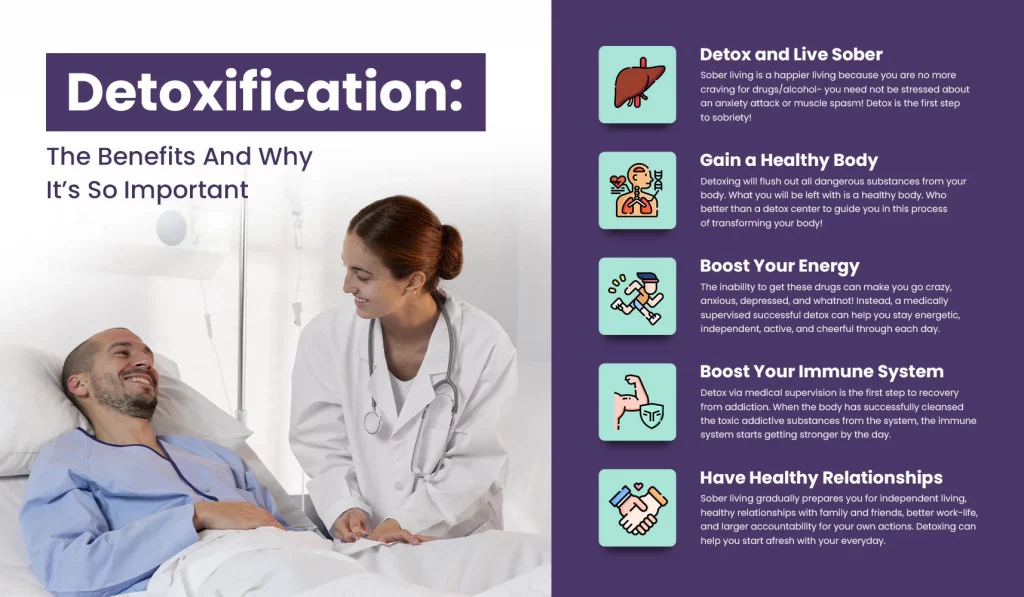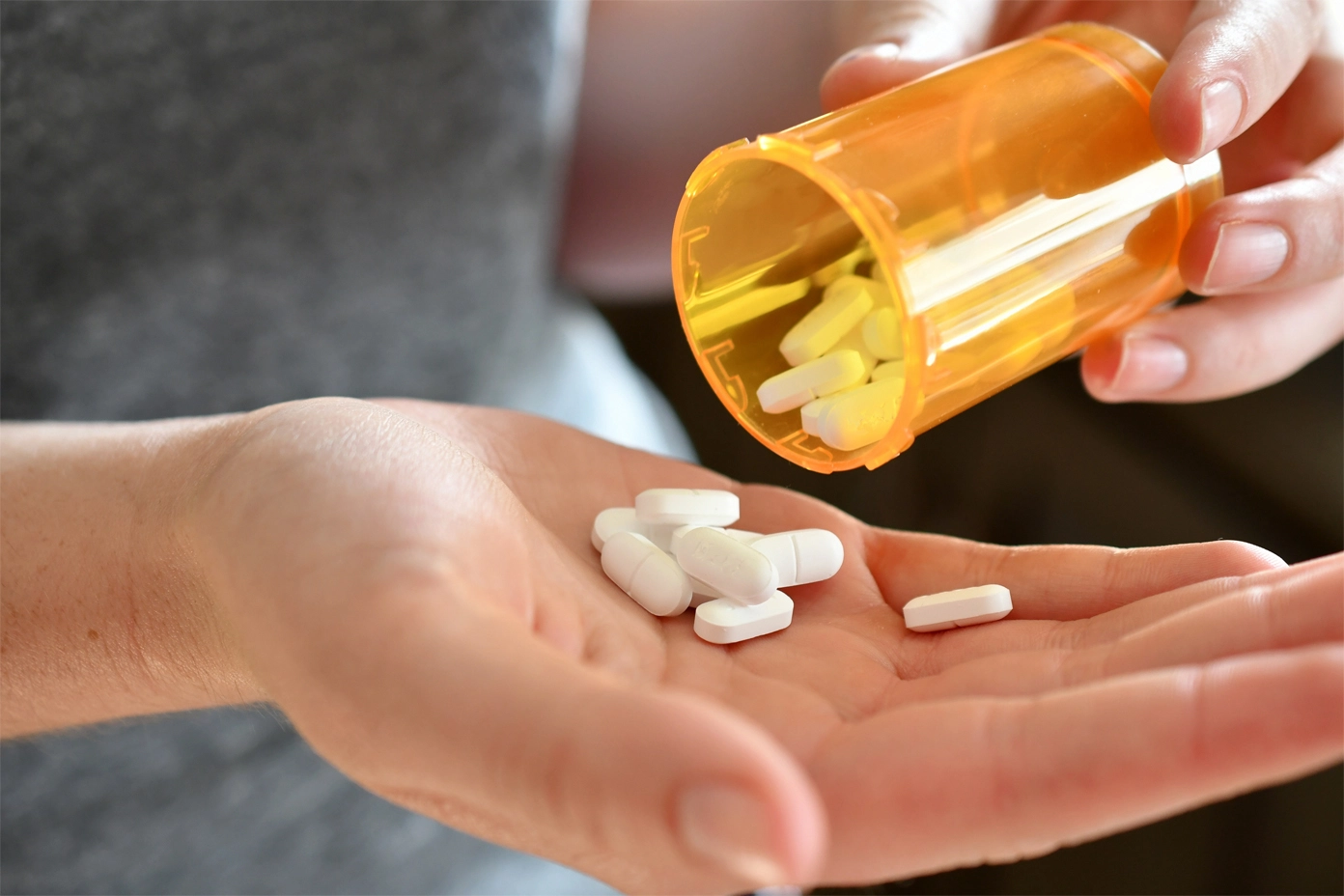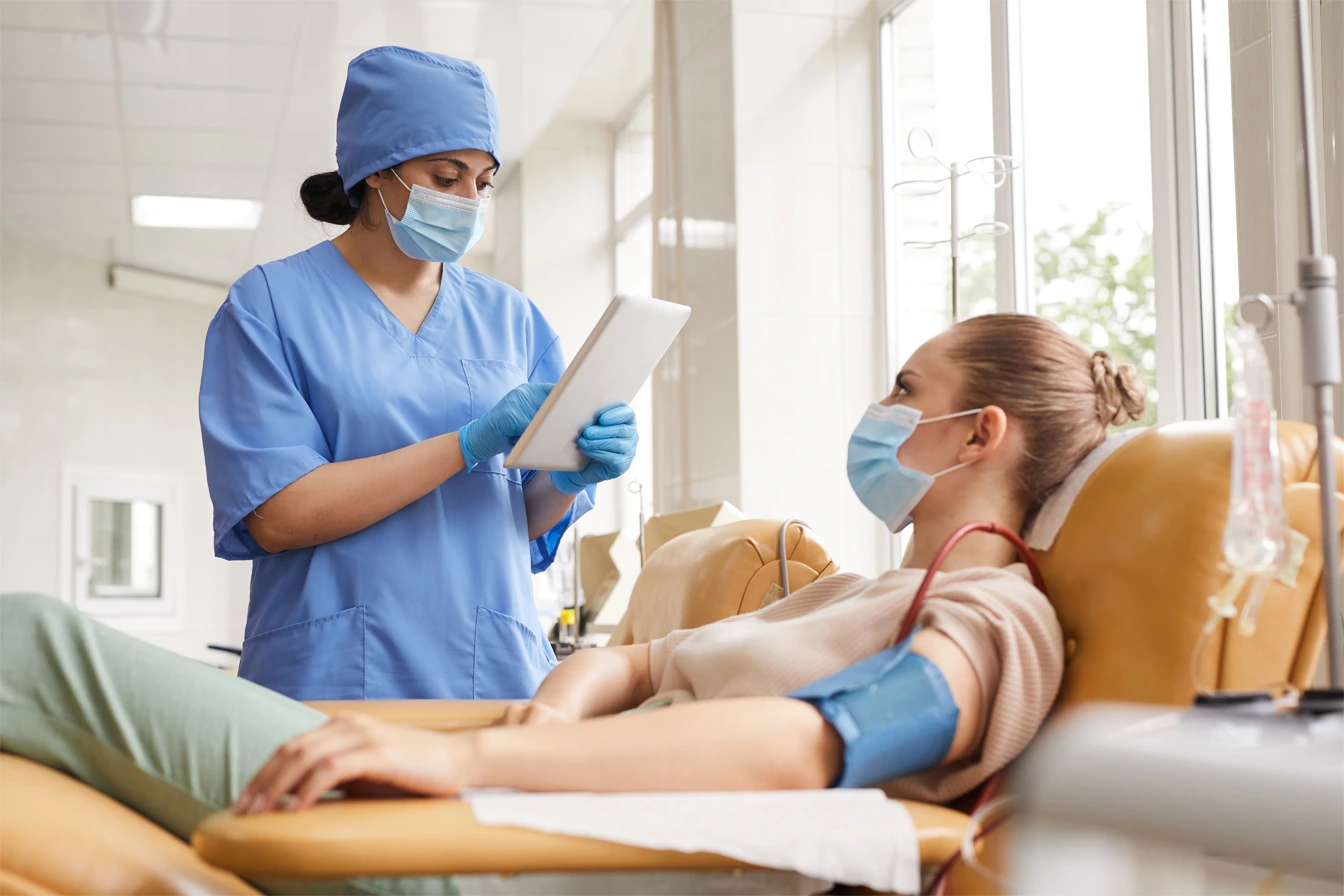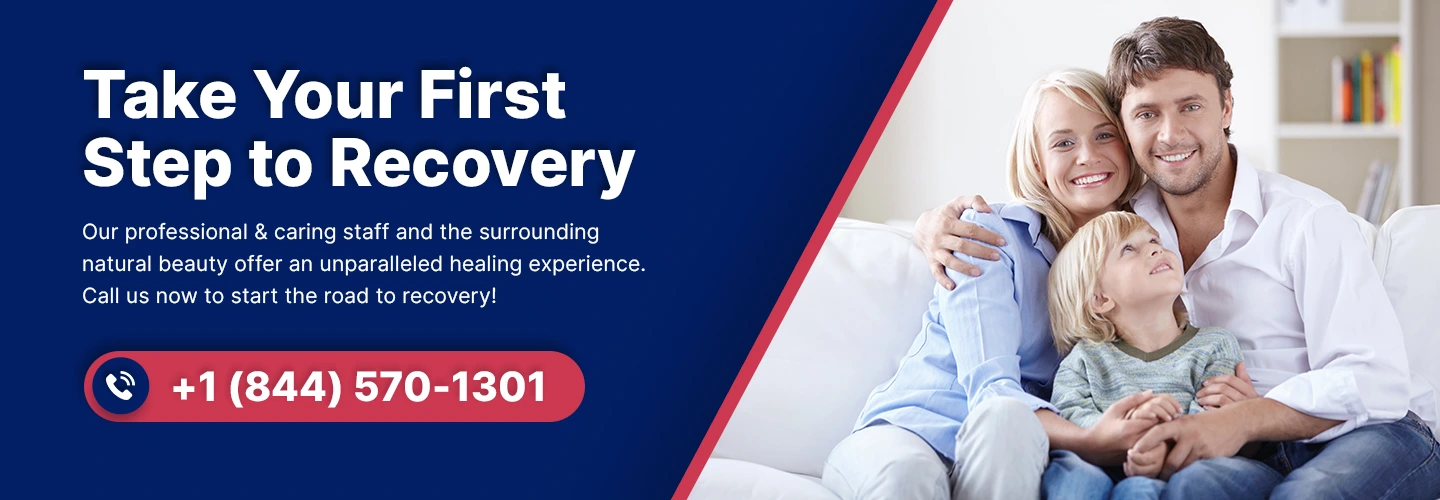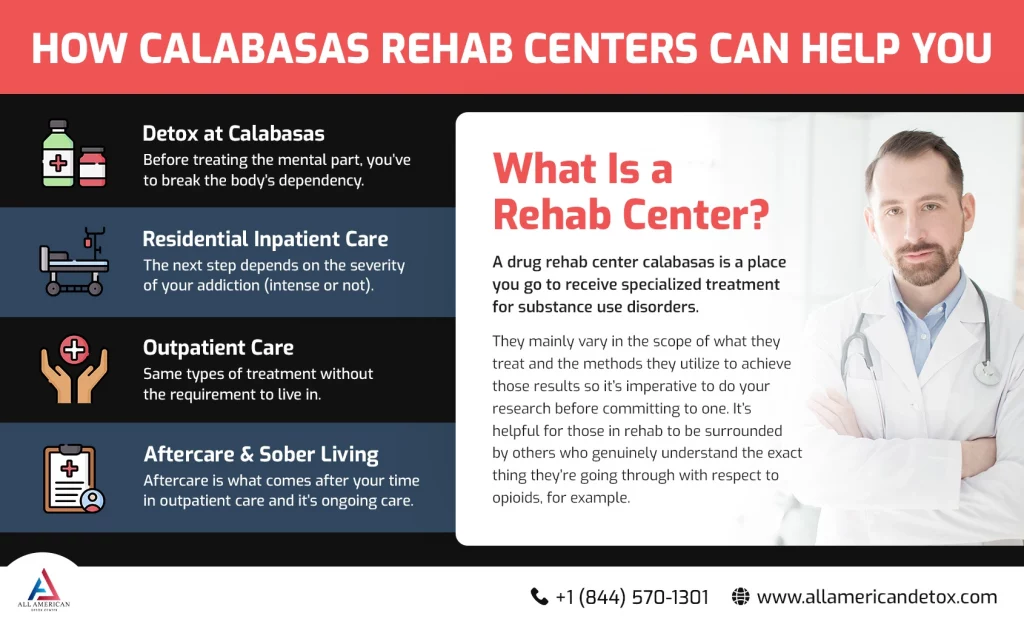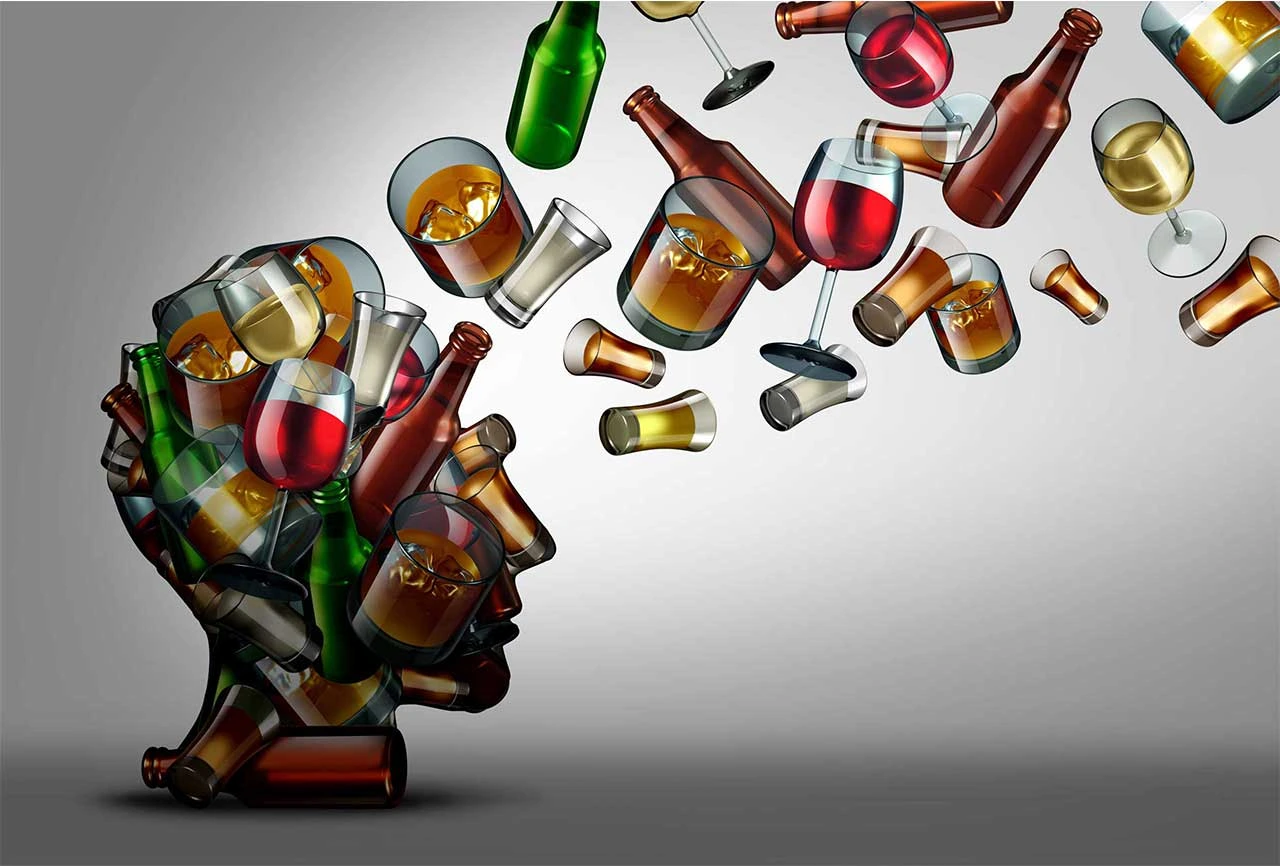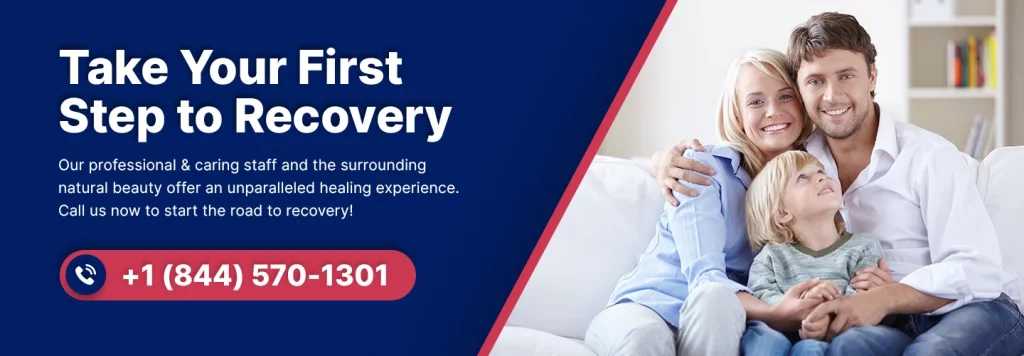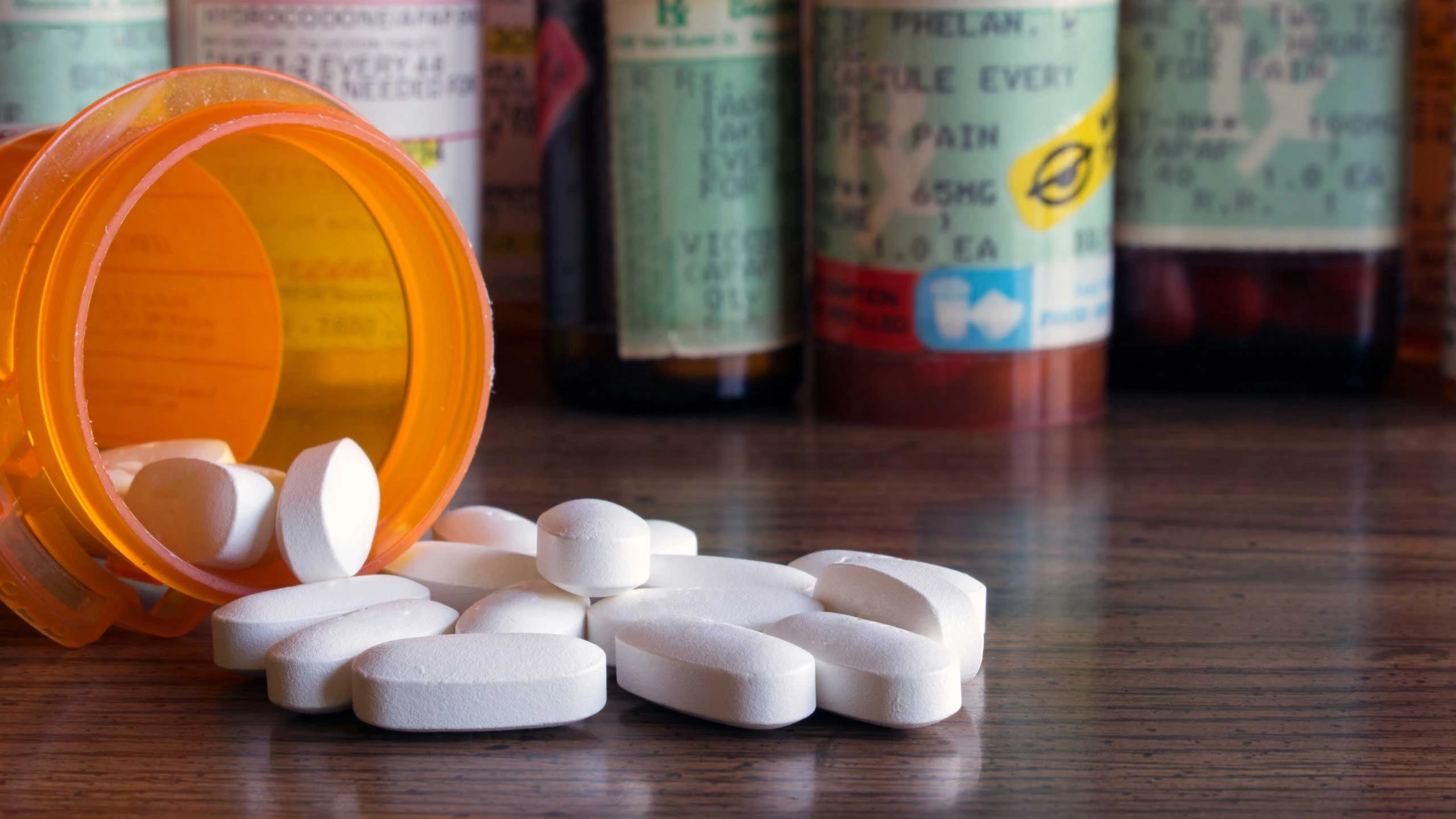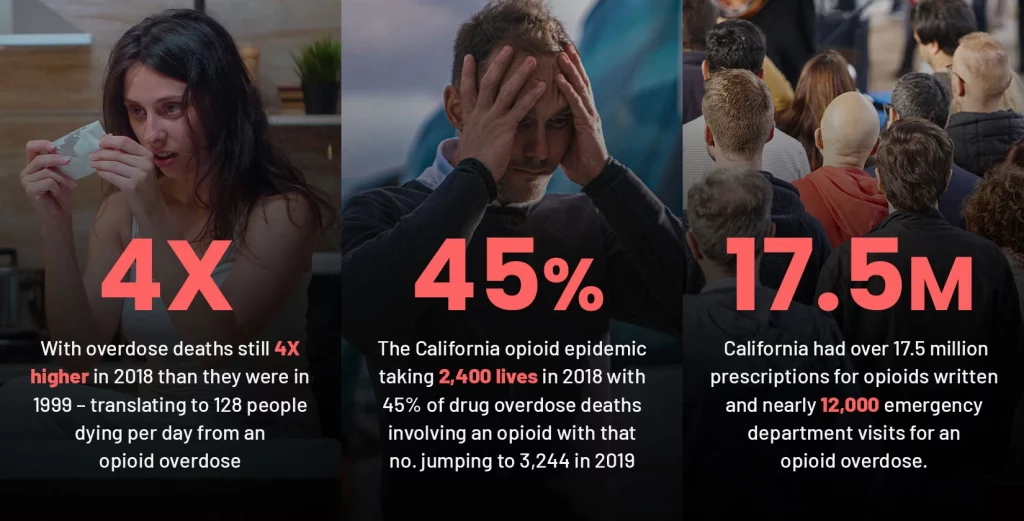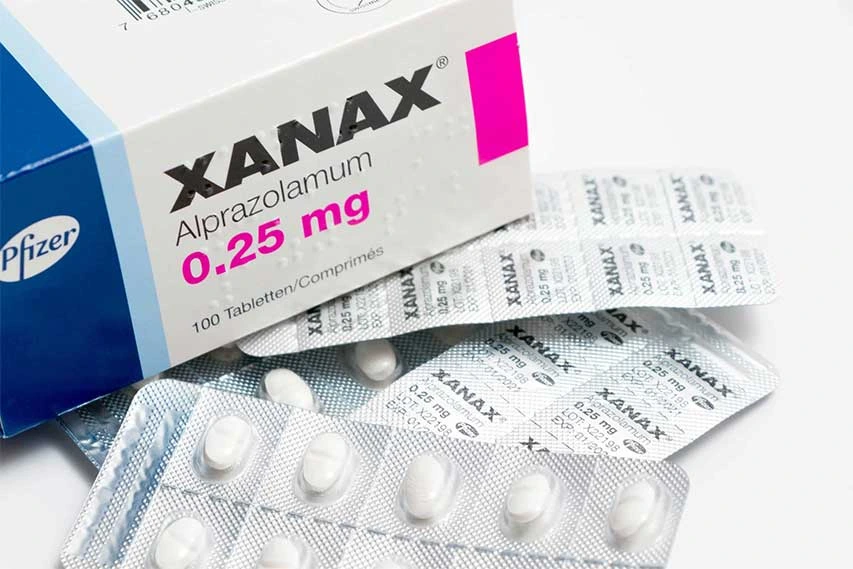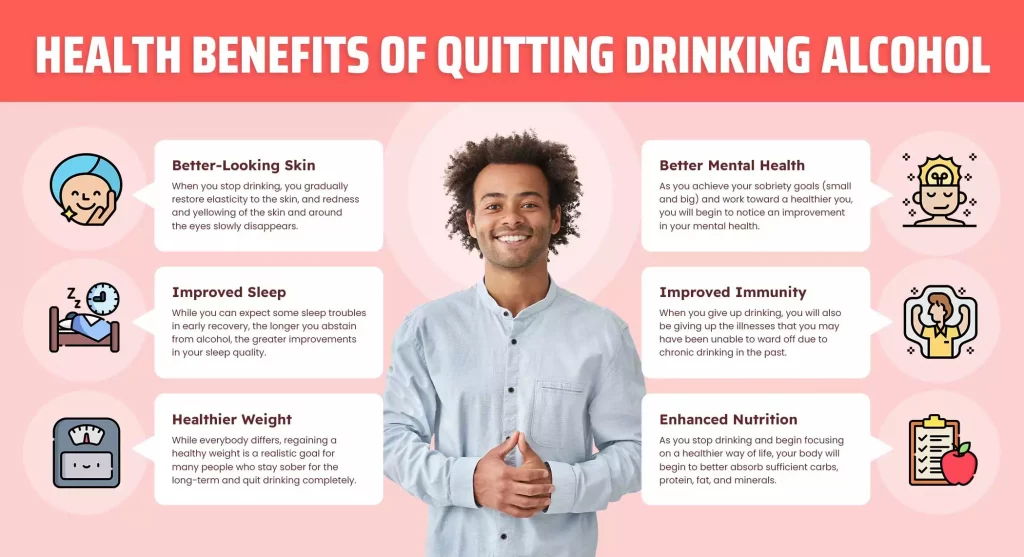For many, Covid-19 conjures up images of sleepless nights of Netflix binging, baren shelves of toilet paper, and routine headaches with the unemployment office––the quintessential lockdown experience. For those struggling with addiction and other mental health issues, sheltering in place has been especially hard.
As the world shut down, those who relied on their work and daily routines were suddenly unemployed and forced to shelter in place. To make matters worse, social distancing restrictions forced counseling programs online leaving thousands struggling to maintain their support systems at a time when feelings of isolation, anxiety, and depression were at an all-time high. You can take quick guidance by calling on our addiction recovery hotline number.
So, what does the new normal look like for somebody in recovery?
Last year the conditions of quarantine had caused the rates of relapse to sharply rise. For those that relapsed during Covid-19, it is important not to lose heart. According to AddictionCenter.com “40% to 60% of people in recovery have at least one relapse before reaching sobriety” (Hudson 2020).
Fortunately, with vaccines widely available– the worst of the pandemic is behind us. According to the CDC, those that are vaccinated and have passed the two-week period can resume pre-pandemic activities without having to wear a mask or observe social distancing guidelines (2021). Mass vaccination will no doubt improve the quality of inpatient treatment and outpatient care programs and allow for the return of in-person counseling.
If you feel like Covid-19 is affecting your road to recovery here is what you can do about it:
5 Ways to Stay Sober During the Covid-19 Pandemic
1. Spend more time talking to friends. Even if it isn’t in person, supportive friendships are good for your mental health. A recent study published in Human Behavior and Emerging Technologies found that those who used mediated communication: such as phones, video calling, and texting to regularly keep in touch with friends reported a greater frequency of emotions associated with “satisfaction with life” and “wellness” (Brown &Greenfield, 2021)
onlinelibrary.wiley.com/doi/10.1002/hbe2.246
2. Utilize online recovery resources. Even though Covid-19 has limited the availability of in-person resources, there are plenty of organizations offering assistance on the web.
- 12 Step.org(informational and social resources including Online, face-to-face, and phone meetings) 12step.org/social
- The Addiction Recovery Guide(Wealth of information about addiction and recovery) addictionrecoveryguide.org/resources/recovery
- In the Rooms Global Recovery Community (Online and face to face meetings as well as blogs and articles) https://www.intherooms.com/home/category/community-and-meetings/
- Narcotics Anonymous World Services. Video chat meetings, local meeting finder news and bulletins na.org
- Never Alone Club (NA Chatroom Meetings and other recovery resources) neveraloneclub.org
- Online Token Shop AA Meetings (hosts free online AA Meetings and seminars) (thetokenshop.com/Online_AA_Meetings)
3. Spend More Time Outdoors. Getting in touch with nature can be a great excuse to get out of the house as well as a great way to be around others while reducing exposure. According to an article by the American Psychological Association, a few hours of strolling through the park, or a modest hike can reduce anxiety, improve mood and lower the risk of mental disorders(2020). The article also mentions two studies: One which found that connectedness to nature led to feelings of an overall connectedness(Zelenski & Nisbet 2012) and another which suggests that “nature might help to buffer the effects of loneliness or social isolation(Cartwright et al., 2018)
4. Stay Occupied. Staying idle for long periods of time can be about addictive thoughts and urges. Activities such as reading, writing, working out, or engaging in a hobby can help puta troubled mind at ease. Planning daily activities that promote a healthy and sober lifestyle can make up for holes in your routine.
5. Know What Your Treatment Options Are. If you find yourself on a treatment plan, knowing what options are available to you can help you maintain your sobriety.
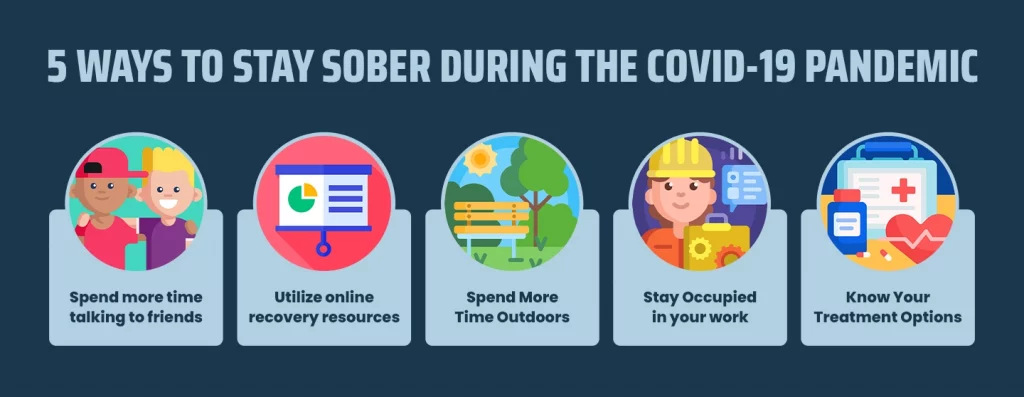
Addiction Treatment Centers
An addiction treatment center or a rehabilitation facility is the first step on the road to recovery. As part of inpatient care, specialized medical staff administers a detox to cleanse the body of harmful substances. In the interest of preventing relapse, the patient is given around-the-clock medical care. Once the detox phase has been completed, clinical specialists design a treatment plan tailored to the needs of the individual. During their stay inpatients also benefit from daily on-site individual and group therapy.
Sober Living Programs.
For those that have found themselves in need of rehabilitation during the pandemic and are questioning what to do next, a sober living program can help ease the transition back into independent living.
There are Options for All Levels of Outpatient Care
A Sober Living Program takes place in a sober living facility. This is usually a Halfway House or a Sober Living House (SLH).
A Halfway Home benefits those who have completed a drug detox program, inpatient, or other kinds of outpatient rehabilitation but still need tools and guidance on their journey towards recovery. This option is a good choice for those who need treatment but are of moderate-income as it prices similarly to the monthly rent of a basic apartment.
Unlike Halfway Homes which limit residency to around 3-12 months, Sober Living Homes generally do not restrict the length of stay. It however is required that the resident stay sober and keep monthly payments on time




